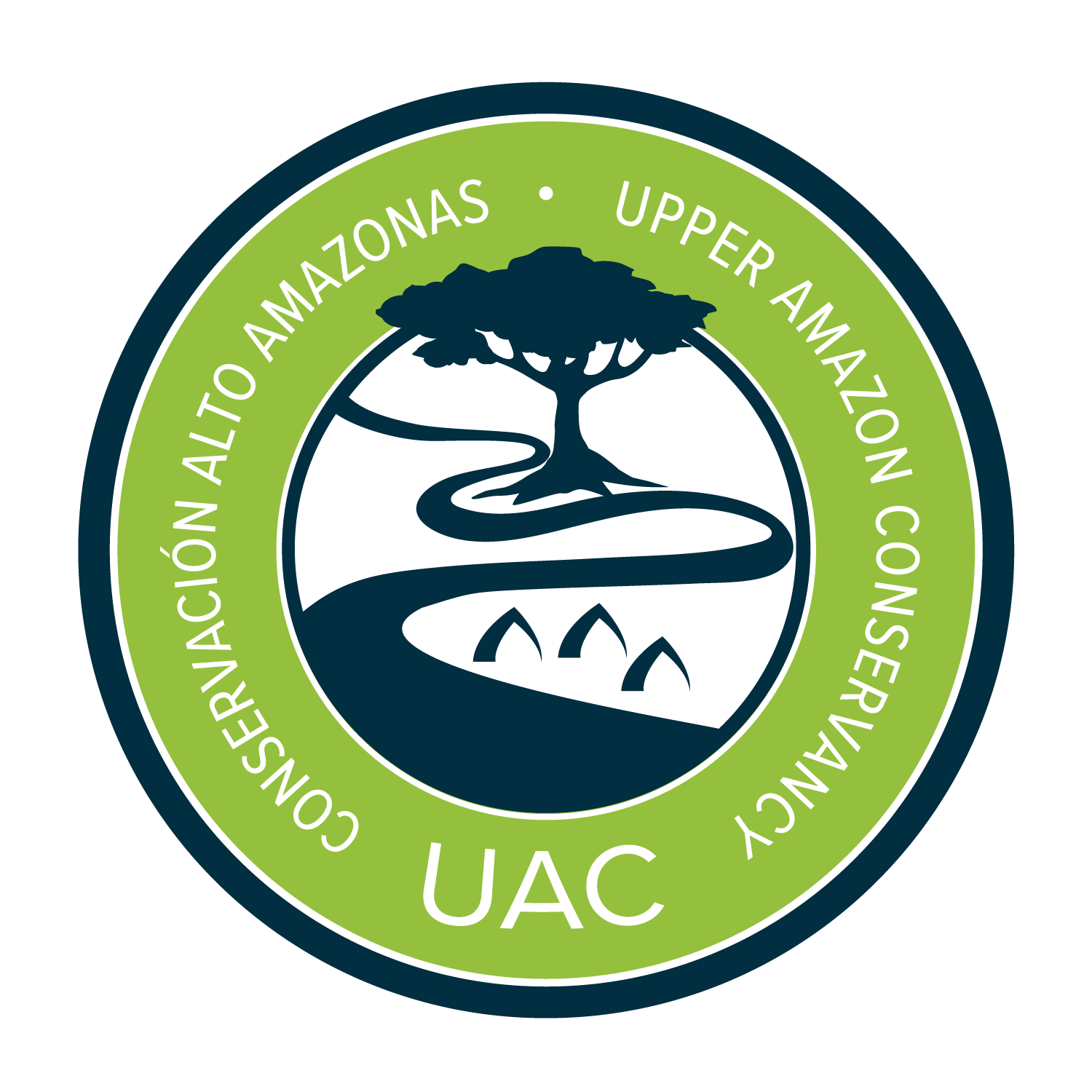First Intercultural Festival for the Yurúa (Peru) / Juruá (Brazil) watershed in Puerto Breu, Peru
A space for dialogue and reflection
From June 30th to July 2nd 2023, the First Yurúa/Juruá Intercultural Festival took place in the city of Puerto Breu, the capital of Yurúa district, in Ucayali, Peru. More than 300 indigenous community members participated at the event, 120 of which were from Brazil. The participants came from different communities such as Ashéninka, Asháninka, Huni Kuin, Jaminawa arara, Jaminawa, Katukina, Nawa, Nukini, Amahuaca and Chitonahua, which are located in the bank of the Breu, Yurúa and Juruá rivers in the Peruvian-Brazilian border region between Ucayali and Acre. Additionally, members of the San Miguel Centro Marankiari native community, who are part of the Asháninka tribe from Junín, Peru, attended the event as special guests. The festival’s main goal was to provide a cultural exchange among different communities, where they engaged in dialogue and shared experiences and ancient knowledge that keep tradition and indigenous spirituality alive through music, dance, food, and productive projects that can bring sustainable economic alternatives to their communities.
During the festival, dialogue sessions were organized between leaders, wise men and women, indigenous women and spokespeople. The wise men and women shared their insights around past lessons and the importance of ancient knowledge to strengthen strategies and their political actions to face current threats. Specific attention was paid to massive infrastructure projects that are often executed without consulting them and how their negative consequences can be very severe for their communities. They mentioned the case of Yurúa, where the construction of an illegal road (Nueva Italia – Puerto Breu) is being promoted without proper information about the consequences it could have on the lives of the indigenous communities that are located in that region.
““We received knowledge from our grandparents. Governments have been trampling over this knowledge in several countries. We, the ashéninkas, had to develop a strategy to defend ourselves. The biggest violations have happened because they didn’t understand our language”. ”


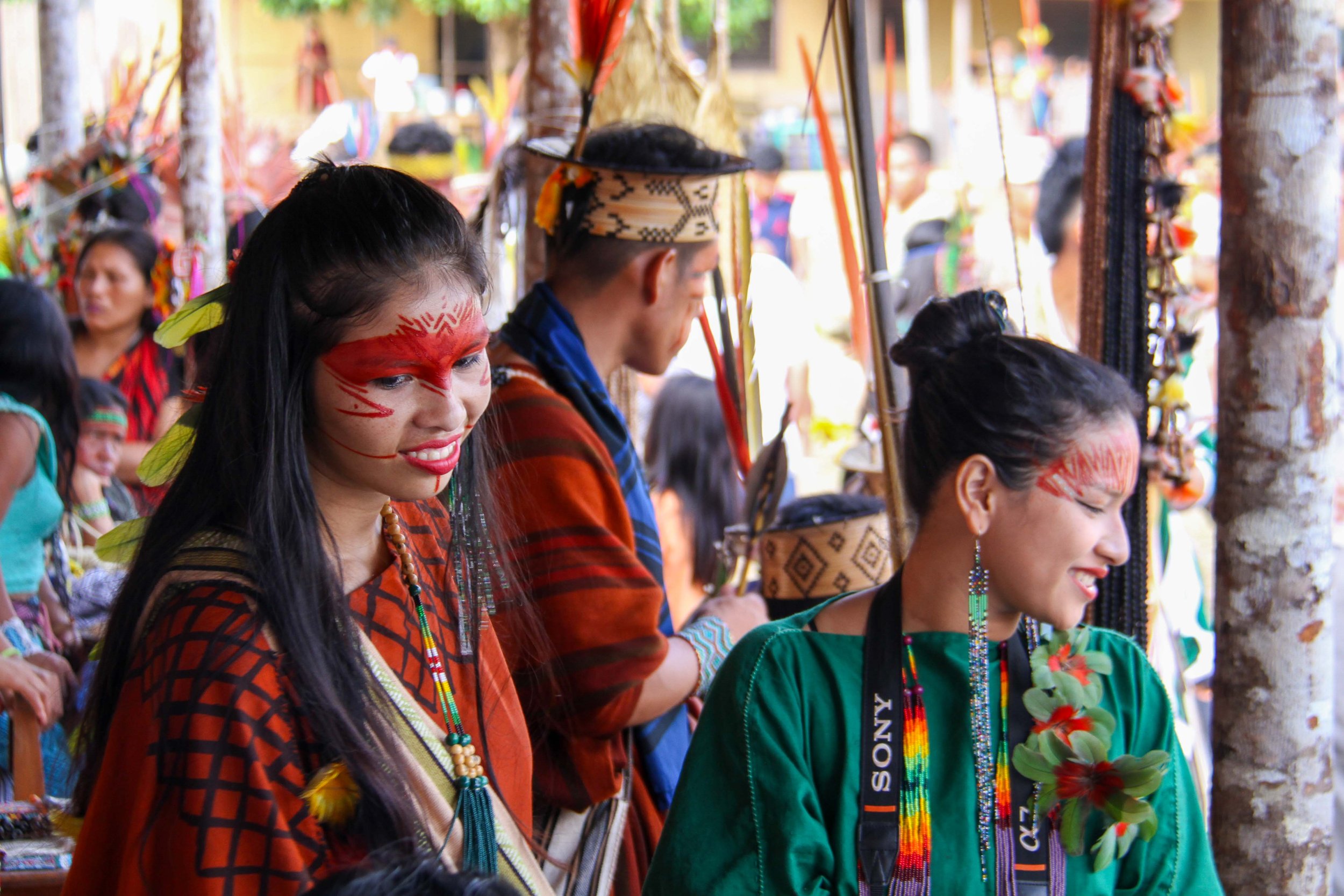
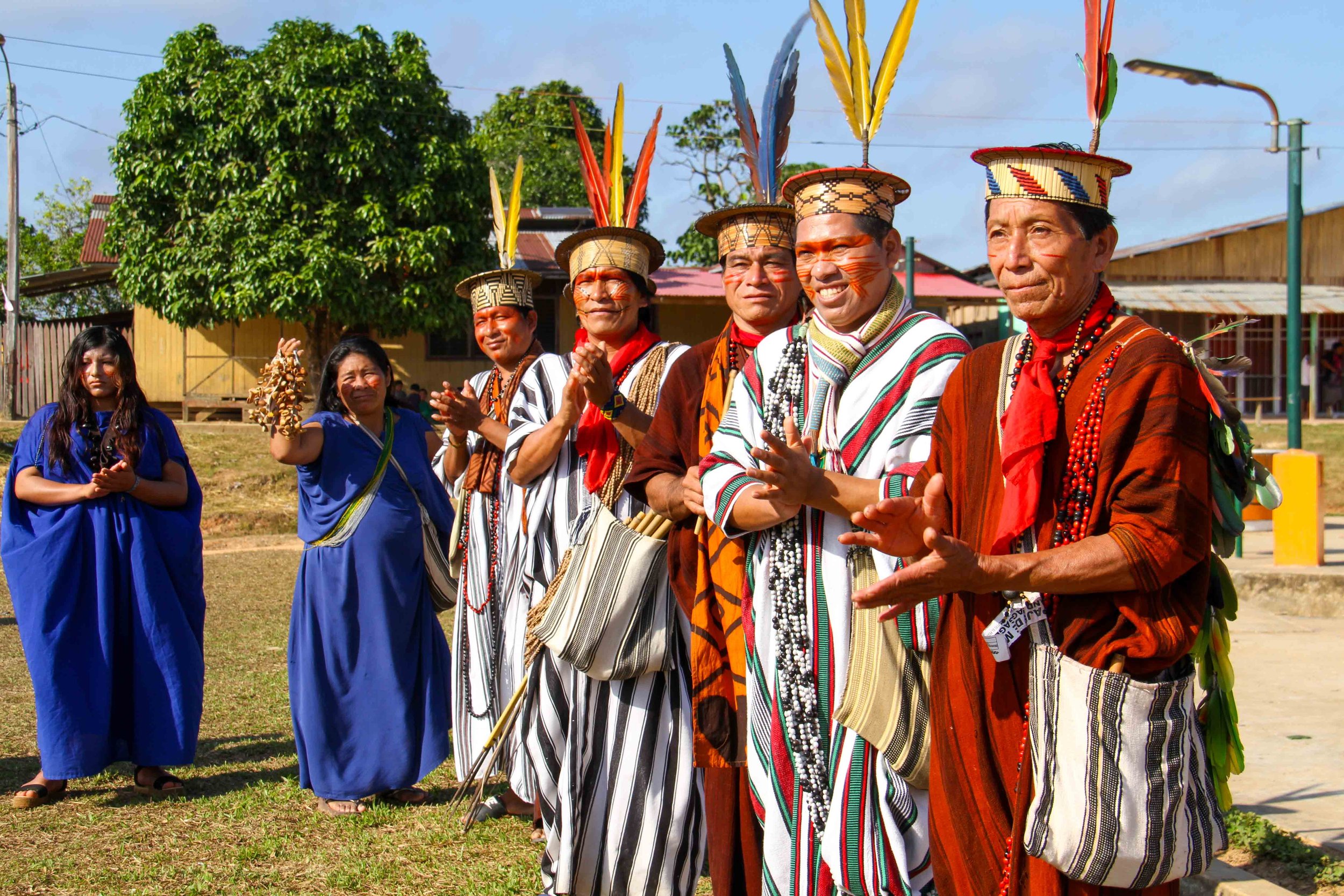
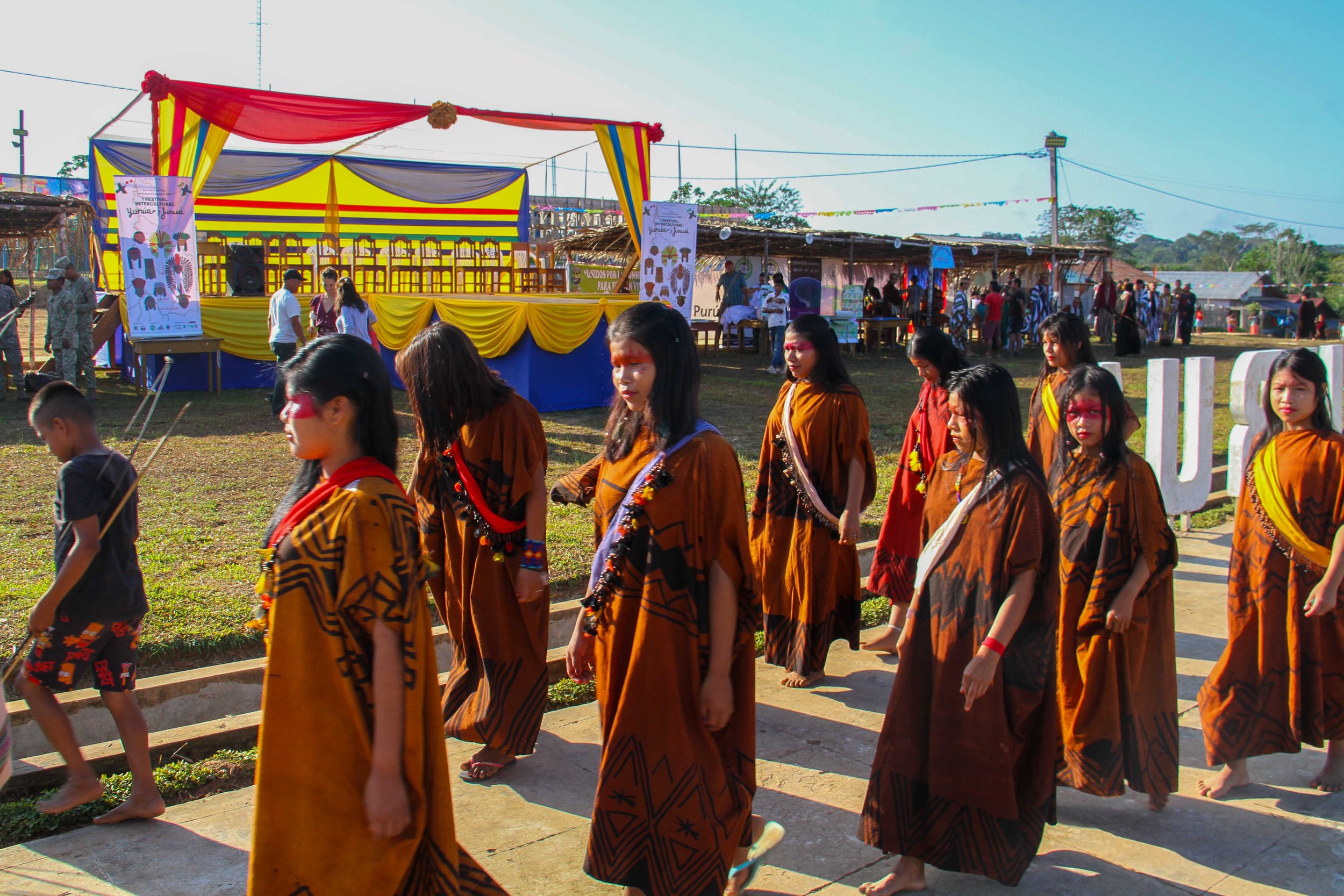
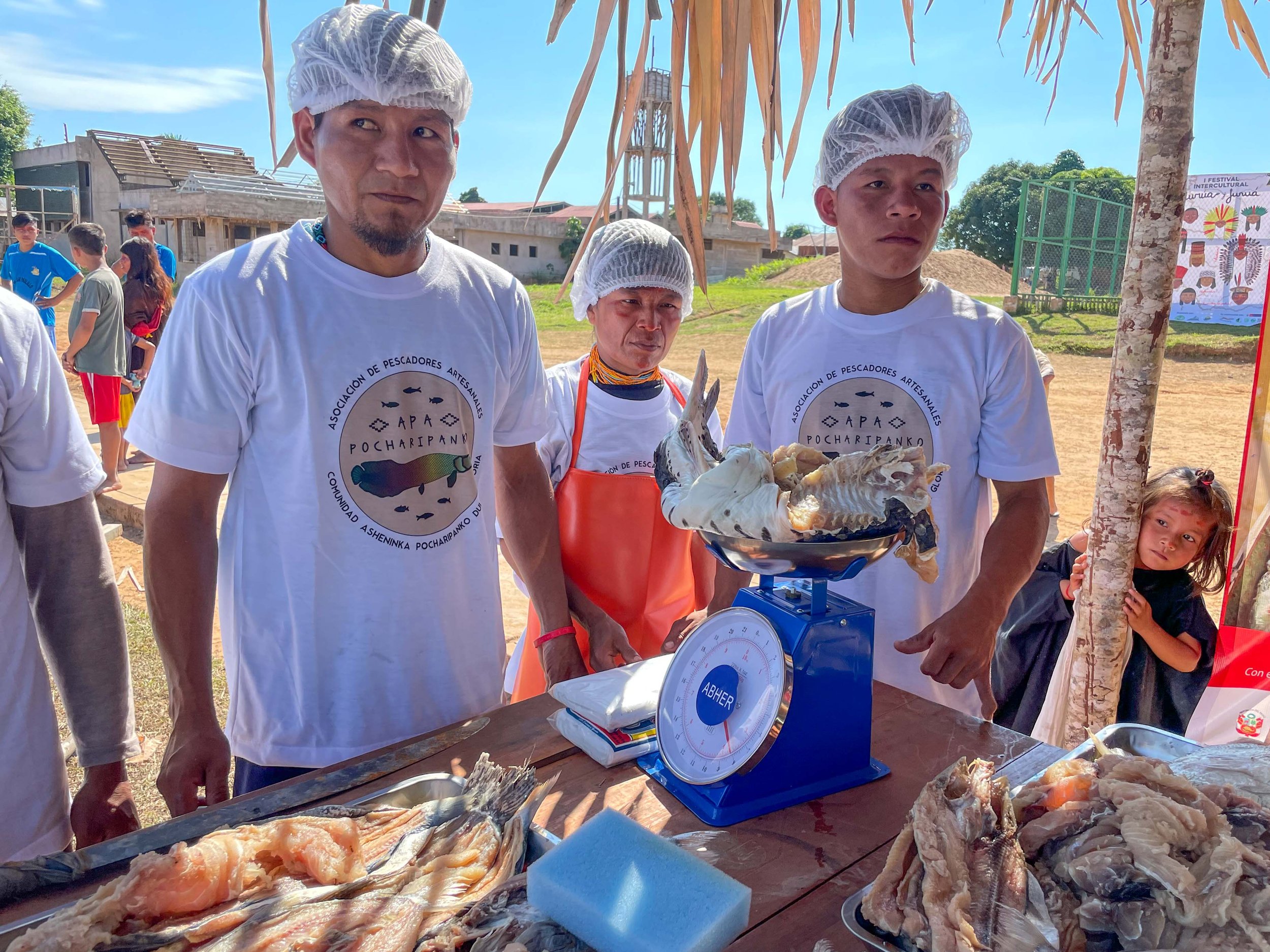
Conversations among the indigenous women included the productive roles of men and women in their communities. They exchanged seeds to enhance the diversity of plants in gardens in the context of climate crisis and, at the same time, training activities were suggested (organic gardens, integrated farms, etc.) with the objective of strengthening their participation and leadership in decision-making processes.
The exchange between indigenous spokespeople led to the creation of a network of leaders and community members to share initiatives and communication projects that spread knowledge about their cultures, forest protection and indigenous struggles.
This festival took place within the framework of an agreement between two institutions: the Asociación de Comunidades Nativas para el Desarrollo Integral del Yurua Yono Sharakoiai (ACONADIYSH) in Peru and Organización de los Pueblos Indígenas del Río Juruá (OPIRJ) in Brasil. They received technical and financial support from Upper Amazon Conservancy, the Asociación Asháninka del rio Amônia APIWTXA and Yurúa local government.
The Yurúa/Jurúa Intercultural Festival has had a significant impact on strengthening intercultural ties, respecting cultural diversity and advocating for indigenous territories in the region. Indigenous communities and organizations in Peru and Brazil bolstered their identity and their ability for collaboration, working jointly with the local government and civil organizations in order to rally behind their goals.
At UAC, we will keep working alongside indigenous communities to promote the recognition of their rights and the sustainable development of the region.
